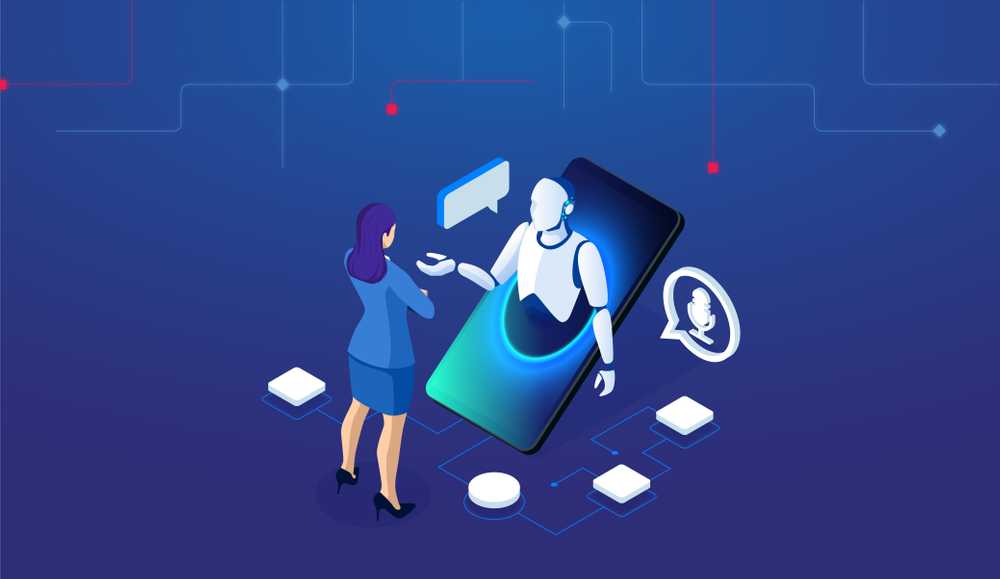- Home
- The Emergence of Virtual Assistants and its Impacts on Interpersonal Communication
The Emergence of Virtual Assistants and its Impacts on Interpersonal Communication
Virtual assistants like Apple's Siri, Amazon's Alexa, and Google Assistant have become increasingly popular recently. These digital assistants are designed to help users with various tasks, from setting reminders and making appointments to ordering groceries and controlling smart home devices. While these virtual assistants can be convenient and helpful, there are concerns about their impact on human interaction, including their effect on social skills, privacy, and our ability to connect.
One of the main concerns about virtual assistants is that they may be reducing our social skills and our ability to communicate with one another. Because virtual assistants are always available and ready to respond to our requests, some experts worry that we may become too reliant on them and need to remember how to communicate effectively with others. For example, suppose we are used to talking to Siri or Alexa to order food or make appointments. In that case, we may need to remember how to interact with a natural person in a similar situation.
Another concern is that virtual assistants may be eroding our privacy. Virtual assistants constantly listen for their wake words and maybe record our conversations even when we don't realize it. While companies like Amazon and Google say that they only record conversations when the wake word is detected, there have been cases where recordings have been made accidentally or without the user's knowledge. This has led to concerns about the potential misuse of this data and the impact of always-on listening devices on our sense of privacy and security.
In addition to these concerns, there are also worries about the impact of virtual assistants on our ability to connect on a deeper level. Because virtual assistants are designed to be helpful and efficient, they may encourage us to focus on productivity and efficiency at the expense of genuine human connection. For example, suppose we are used to relying on Alexa to order groceries or set reminders. In that case, we may need to remember how to connect with other people in these situations, and we may miss out on the opportunity to build meaningful relationships with others.
Despite these concerns, there are also many potential benefits to the rise of virtual assistants. For example, virtual assistants can be helpful for people with disabilities or mobility issues, allowing them to perform tasks that might otherwise be difficult or impossible. Virtual assistants can also be helpful for busy parents or professionals, allowing them to automate specific tasks and free up time for other activities.
Another potential benefit of virtual assistants is that they can help to make technology more accessible and easier to use. Many people find traditional interfaces challenging or intimidating, such as keyboards and touchscreens. On the other hand, virtual assistants are designed to be intuitive and easy to interact with, making technology more accessible and user-friendly for a broader range of people.
In addition to these benefits, virtual assistants also have the potential to revolutionize how we interact with technology and one another. As virtual assistants become more advanced and integrated into our lives, they become more like personal companions or assistants, helping us manage our schedules, stay on top of tasks, and connect with others meaningfully. For example, virtual assistants could facilitate conversations between people who speak different languages or help people with social anxiety navigate social situations.
Despite these potential benefits, it is also essential to consider virtual assistants' potential risks and drawbacks. As these devices become more ubiquitous, it will be essential to think carefully about how they are designed and used to ensure that they are helping to enhance our lives and relationships with one another rather than detracting from them.
In conclusion, virtual assistants are a rapidly evolving technology that has the potential to revolutionize the way we interact with technology and with one another. While there are concerns about their impact on social skills, privacy, and human connection, there are also many potential benefits, including increased accessibility, ease of use, and the potential to enhance our relationships. As virtual assistants become more ubiquitous, it will be necessary to carefully consider their impact and ensure that they are designed and used to promote human connection, privacy, and social skills, rather than detracting from them.
One way to address these concerns is to incorporate ethical considerations into the design and development of virtual assistants. This could include building privacy protections and security features, such as allowing users to control when their conversations are recorded or deleted. It could also involve designing virtual assistants to encourage human connection and social interaction rather than focusing on efficiency and productivity.
Another important consideration is to ensure that virtual assistants are designed to be inclusive and accessible to a wide range of users. This could involve building features specifically designed for people with disabilities or ensuring that virtual assistants are designed with a diverse range of users in mind.
Ultimately, the rise of virtual assistants represents a significant shift in how we interact with technology and one another. While there are concerns about their impact on human interaction, privacy, and social skills, many potential benefits cannot be ignored. As we continue to develop and refine this technology, we must consider its impact carefully and ensure that we design and use virtual assistants to promote human connection, privacy, and inclusivity.



.png)

What other's say about : How ThePhone thriller..